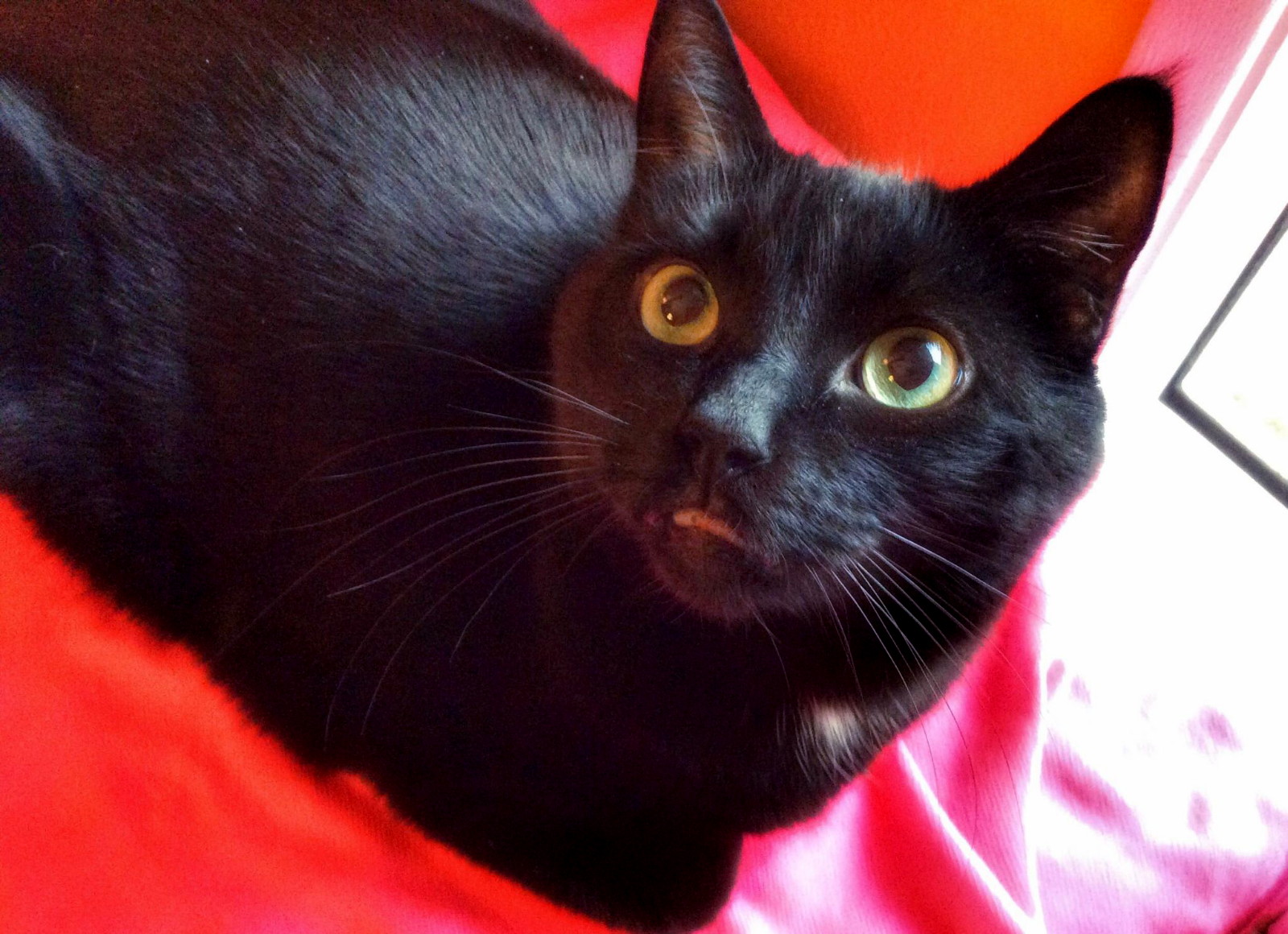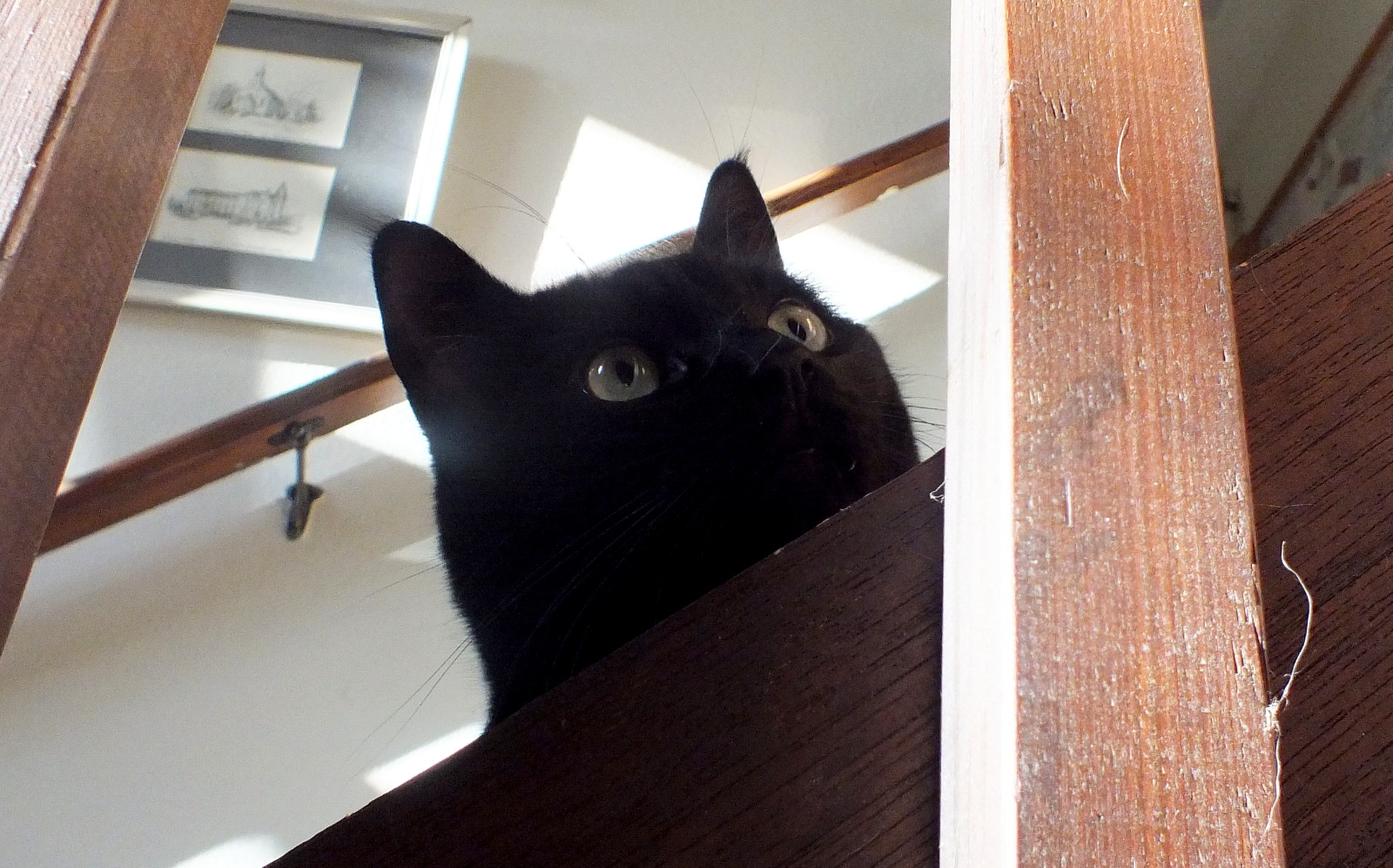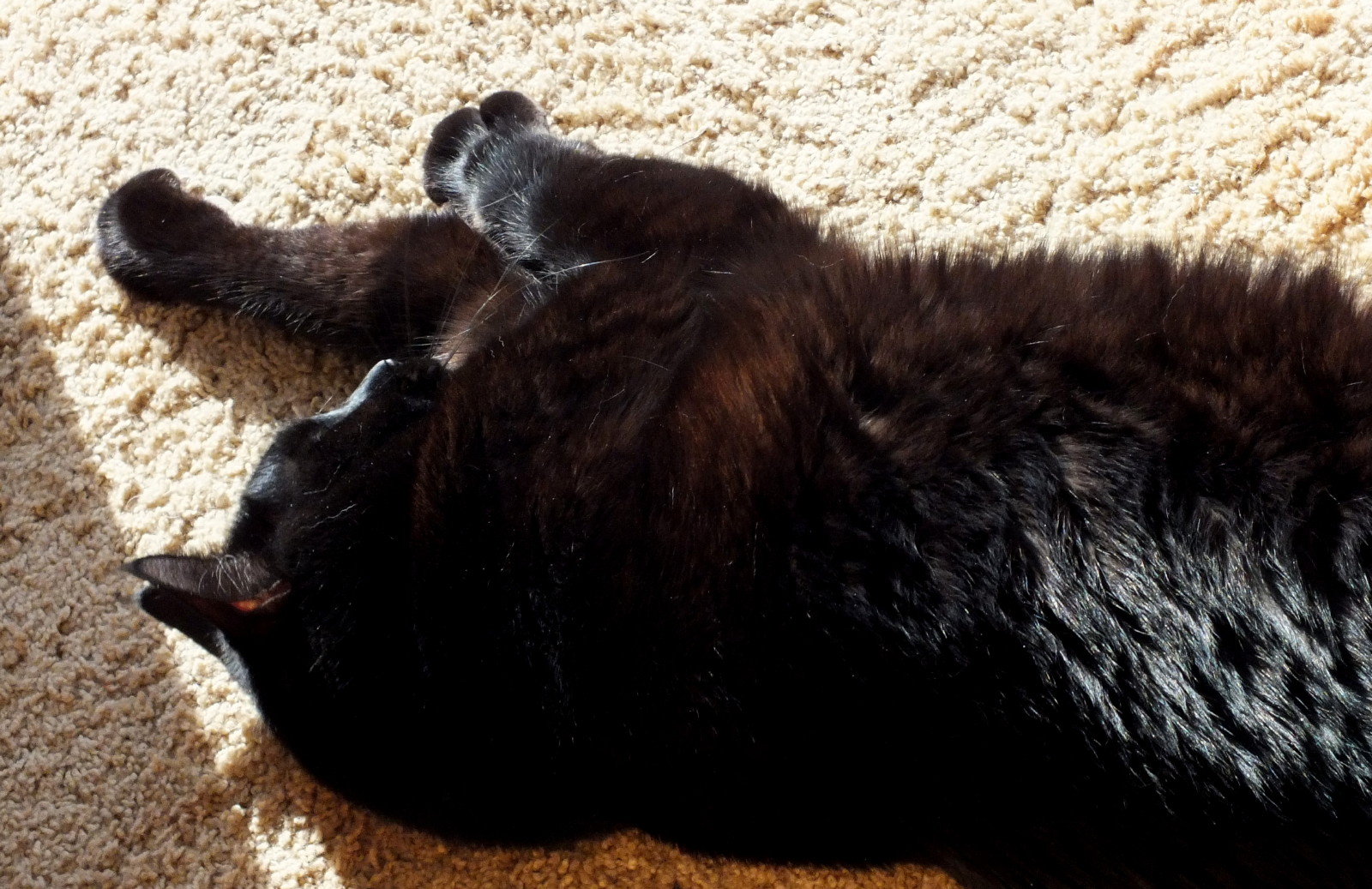Proof of BRAIN in the Era of Artificial Intelligence
With AI increasingly being the "talk of the town" across many fields and industries, I find myself thinking about the whole concept of "Proof of Brain" that's often highlighted here in our community.

So Many Opinions...
Over the past six months I've read dozens of very good essays and opinion pieces about the impact and applications of AI in our world... many of them authored by individuals here in Hivelandia.
I write these words from the "Proof of Brain" community front end — happens to be one of my favorite second layer communities on Hive — and I started pondering the question of how we will actually prove (human) brain? Or verify brain. Or certify that a piece of prose, a piece of art, a piece of music was the result of human creativity, rather than machine learning?
Moreover, is that important? Or should the greater importance be placed on whether or not the intended "recipient" of something finds the end result to their liking?
Who Is Telling the Story?
Whereas it is entirely true that people have always been able to "cheat" and plagiarize, AI seems to open a whole new can of worms, in terms of the question "Who is telling this story?"
The significance of authorship undoubtedly varies, depending on what it is we are considering. AI — as we know it today — is quite capable of creating fairly run-of-the-mill filler that might be mildly informative but lacks a bit of... something.
Regardless — particularly in a community like Hive where part of the gig is "rewarding" the creativity of people — I would like to know who the author/creator of writing/art/music etc. is... because I'm not particularly enamored with the idea of rewarding a machine for... being a machine.
Which bring us back to the tricky proposition of "proving brain."

The questions I am asking here are not really about whether or not AI can/will replace human creativity... but rather about how we "watermark" (for lack of a better term) human creativity to identify it as such.
Personally, I don't think AI creativity will replace human creativity, but AI — or more sophisticated future generations of AI — likely will be able to perform many basic and reptitive creativity functions with greater accuracy and 1000x faster than humans.
At the same time, I'd also submit that the age of AI might actually make human creativity — hereunder writing in a unique individual "voice" — more valuable, rather than less important. After all, most of us are not looking for "generic soup" for entertainment, but something unique and different.
Whether such creations will simply speak for themselves or need to be somehow "certified," remains to be seen!
What do you think?
=^..^=
Posted using Proof of Brain

I really like the implications of this:
The question:
This is a puzzler as AI becomes more efficient at making mistakes it will become more and more difficult to distinguish AI from human creativity. One clear way to tell the difference is if the human creativity was actually an original idea. But then the question comes to mind: "Are there really any original ideas?"
For centuries we reward authors and composers for expanding upon ideas already formed and published. A machine is already capable of expanding mixing and varying styles and ideas to create something never seen before.
Human verification will be an important question in the future. Today AI can produce an interesting essay, but it takes a human to really make it personal and touch the heart. It also takes a human to write with mistakes and lose balance and order. Chat GTP will always give an ordered flowing essay with no punch. Notice how Chat GPT responds to the third prompt when I ask it to give me a little more punch.
First Chat GPT Prompt:
First Chat GPT Result:
Second Chat GTP prompt:
Second Chat GTP Result:
Third Prompt:
Third Chat GTP Result:
Chat GPT is the Amelia Bedelia of AI. At this point there is really no creativity even when prompted, but it improves. It's beginning to almost create lies with it's story about Dave.
It also keeps bringing up the "Turing Test". Chat GPT brags that "no machine passed the Turing Test". But when you look into Eugene Goostman, you find a program that fools the Turing Test seeming to be a 13 year old boy from Odessa. Chat GTP conveniently doesn't mention this. There have been other times Chat GTP insisted in misinformation. I guess insisting on misinformation is also a human trait as well as lying. Can we get chat GTP to smoke and shit as well?
Thanks for sharing that "experiment" @mineopoly! That was really some interesting reading.
Regardless of the prompt, the outcome has a sort of... generic... feel to it. It reminds me of the sort of content people would create with "content spinners" 10 or more years back... which was perhaps an early form of AI, except it would be more about grabbing fragments of text relating to a topic(s) and piecing them together into something like looked enough like an article/post on some topic to pass muster as "content" matching keywords that would generate ad revenue from search clicks. Then Google's "Panda" algorithm started filtering that sort of thing out of search results starting around 2012-13 and content spinners sort of fell out of favor.
Now we Chat GPT which is clearly a lot more sophisticated.
The Eugene Goostman situation was always a bit dodgy to me. Why? Because being cast as a 13-year old and a non-English speaker offered a sort of "smoke screen" that (deliberately, most likely) would throw the judges off to make concessions they likely would not make to a 25-year old native English speaker.
I imagine we'll each individually have to make our assessments. For me there's an element of wabi-sabi to human creativity... whether AI will gradually incorporate that remains to be seen.
=^..^=
Posted using Proof of Brain
Some kind of Turer test may be appropriate. I still have doubts if human creativity actually exists. I wonder if some of my students would be able to pass for human? Are we just a sophisticated AI? All the TV shows, movies, clothes, songs follow a similar algorithm. If not then they follow some kind of rule already established in nature. Maybe there is nothing new. But then why waste my time writing this comment?
!LOL
Thanks for the support @qurator and @ewkaw, I appreciate it!
=^..^=
Posted using Proof of Brain
That is, why i still am here on that insane Blogchain.
Salve
Alucian
Without a doubt, this is a fascinating place... I definitely enjoy watching all the new developments and trends unfold.
=^..^=
Posted using Proof of Brain
I think it's entirely possible that "creativity" is the introduction of entropy into biological systems. Whether that's through the environment (perspective) or genetics. I'm not sure that AI is bad at purely abstract things as its roots lay in the abstract. It is however pretty bad at interacting with the physical world (besides a few very focused and specific tasks).
Ultimately though you need to dive in the Turing test. When we can't tell if AI is sentient or not, it should be considered sentient. Would a robot "brain" (intelligence) be sufficient to provide evidence for "proof of brain", or are we purely interested in the human brain?
Interesting.
Maybe the "greater" story arc then becomes one of what we are really striving for. If the "measure" of the species is merely to see how far we can advance on a purely mechanical/technological scale then perhaps sentient AI represents the pinnacle of development.
Our species epitaph might read "And the humans created artifical version of themselves to replace themselves."
The question, then, is whether that's the most appropriate scale to use? Not sure I can follow creativity as entropy, though... if so, that entropy has been going on for a long time; in archeological digs we marvel as much at our forefathers' ART as we do their TECHNOLOGY.
=^..^=
Posted using Proof of Brain
Congratulations @curatorcat.pal! You have completed the following achievement on the Hive blockchain And have been rewarded with New badge(s)
Your next target is to reach 8000 upvotes.
You can view your badges on your board and compare yourself to others in the Ranking
If you no longer want to receive notifications, reply to this comment with the word
STOPCheck out our last posts:
Support the HiveBuzz project. Vote for our proposal!